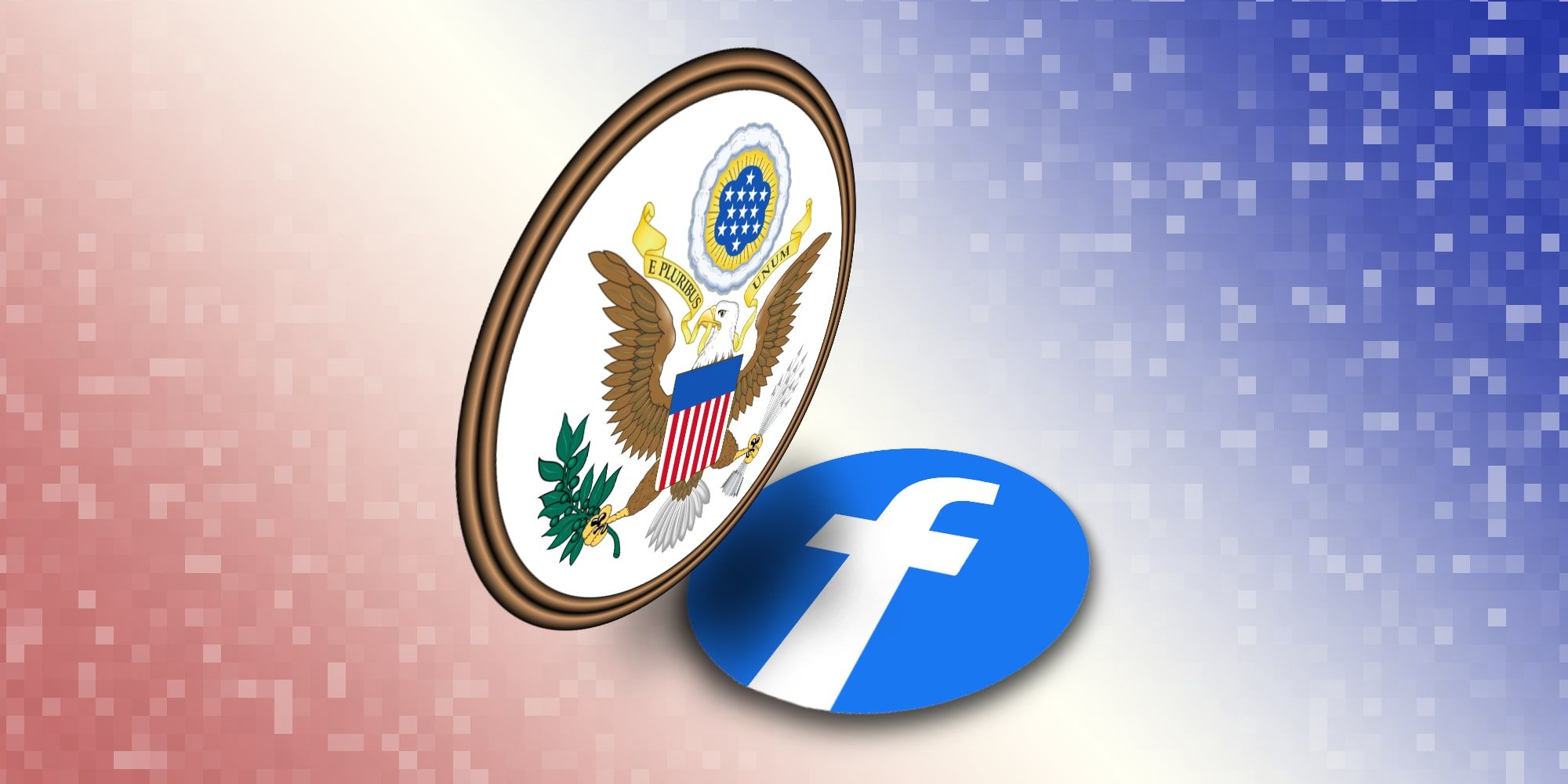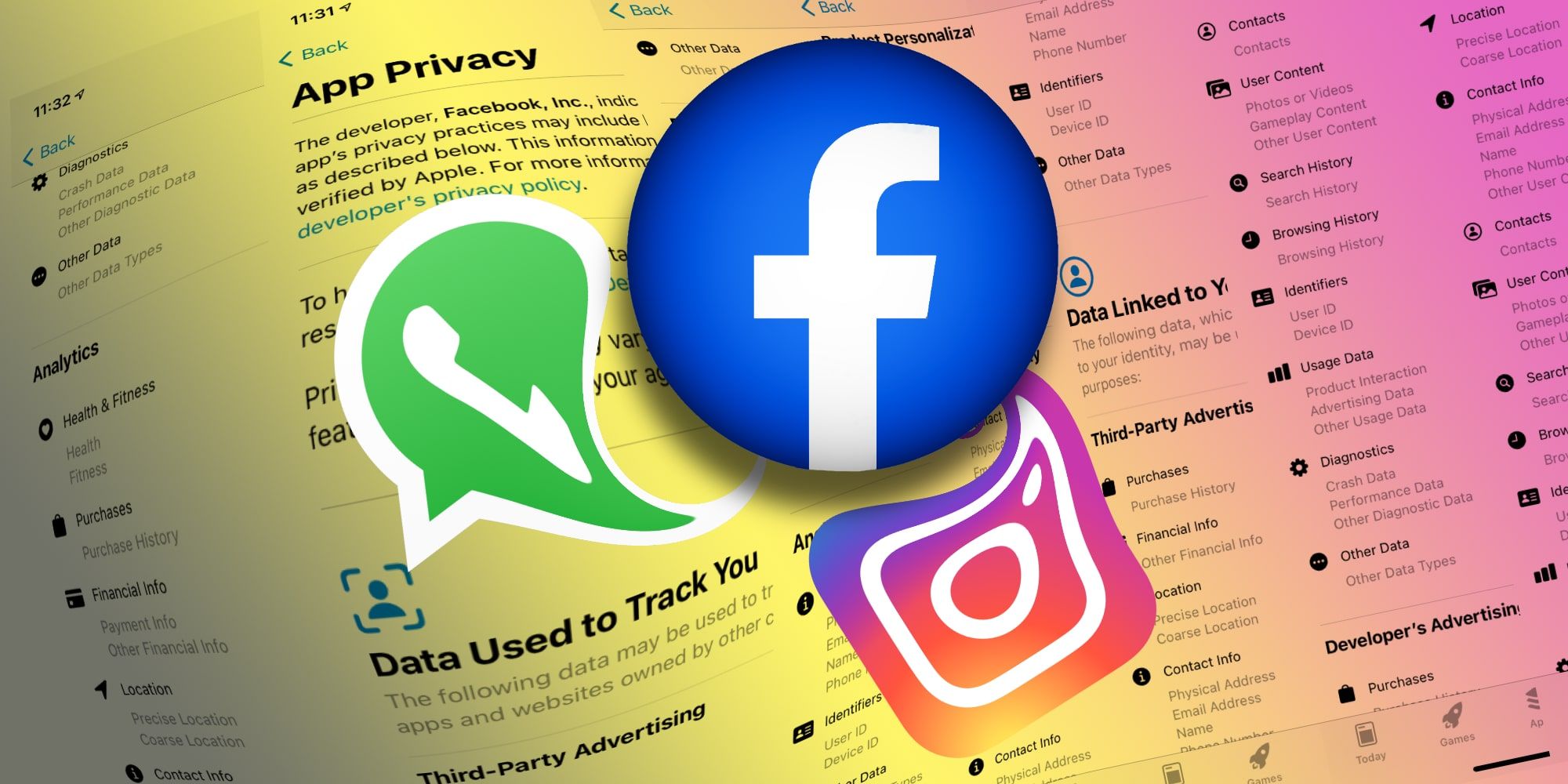Facebook’s CEO Mark Zuckerberg really just wants us all to be friends, or to be more precise, the aim is to make everyone in the world a Facebook friend of someone. While that intention isn’t necessarily a bad thing, the path taken has led to many seeing the social media giant as a danger to both privacy and truth on a massive scale. By some accounts, about one-third of the world’s population have active accounts on Facebook, but growth is likely to become quite a bit harder in 2021. The US government has filed an antitrust lawsuit. On top of that, the company’s data collection practices are being revealed to all by Apple.
Zuckerberg’s first website, launched in 2003 while attending Harvard University, was called FaceMash. It was similar to an existing looks rating website, Hot Or Not, and was meant to compare the looks of two people posted side by side. FaceMash included the instructions ‘Who’s Hotter? Click to Choose.’ The website was quickly shut down by Harvard administration, citing copyright and privacy violations, since the photos were used without permission. Zuckerberg was 19 at the time, so perhaps this inauspicious beginning should be forgiven. It's difficult not to see the privacy issue parallels with Facebook today, though. Harvard dropped the charges and, in 2004, an early version of Facebook launched as an online directory of Harvard students. By 2006, the public version of Facebook had opened to anyone with an email address who was 13 or older.
There are many and varied troubles bearing down on Facebook in 2021. The United States government has officially filed a lawsuit claiming Facebook used abusive monopoly power to place unfair pressure on competitors, in some cases buying the companies before they could grow sufficiently to challenge the overwhelmingly dominant social media company. The goal of the US government may be to break up Facebook into smaller companies, potentially splitting Instagram and WhatsApp into separate entities. Another major threat to Facebook comes from Apple, which has been boasting about its privacy focus for the last few years. This year it has made a point of highlighting data collection practices on the download page of each app in its iPhone, iPad, and Mac App Stores. Facebook’s list of data collected spans over 10 pages when viewed on an iPhone. Statista estimates Facebook has 2.7 billion users, Instagram is approaching 900 million, and WhatsApp is at around 2 billion. While there is some overlap, this means one company has access to a large amount of personal data for over a third of the world population. Those users have already installed the app and may never see the concerning revelations on the App Store, but more warnings are rolling out from Apple, requiring device owners to choose whether to allow Facebook to track their activity across other apps and websites. Facebook’s reaction was surprisingly aggressive, with full-page newspaper ads that some felt were not entirely honest.
Why Facebook Is In Trouble
Facebook is a business, not a non-profit organization, so no-one should be surprised that it wants to make money. It uses the same formula as many other internet businesses: free services and free information provided to users in exchange for advertising placement. That’s how Google works and how YouTube can host and deliver free video content. This isn’t new either, with television and radio having used the same model for decades. Most of the top websites in the world manage to pay employees, hosting, and administrative costs by using advertising. What’s different about Facebook is the surprising amount of personal information collected and how that information has been used and abused over the years. The data it collects has at times been sold to unscrupulous political operatives and relentless advertisers. Charges against 19-year-old Zuckerberg for the tasteless FaceMash website were dropped, but the mega-corporation Facebook may not get the same pass from most users when the vast amount of data collection and tracking is revealed. At some point, the size of a corporation changes the rules. That is part of the reason for the Congressional hearing.
There are also ongoing concerns about when and how ads and content have been moderated by the largest social media company in the world. When wielding so much power, it has to be handled well and perhaps greater oversight should have been set up long ago. The other concern of the US government is anticompetitive behavior. By buying out smaller competitors, Facebook ran the risk of scrutiny by the Federal Trade Commission. At the time of the acquisition it wasn’t challenged, but Congressional leaders can sometimes be slow to catch on to new technologies and the potential for growth and change. More often than not, technological advances are beneficial to all, but perhaps this was taken for granted. All of this Facebook drama has played out publicly and has to have sullied user opinion. The company has weathered controversy plenty of time before while continuing to grow at a steady pace, but 2021 may finally be the year that users give a big thumbs down to Facebook.
Source: Statista


